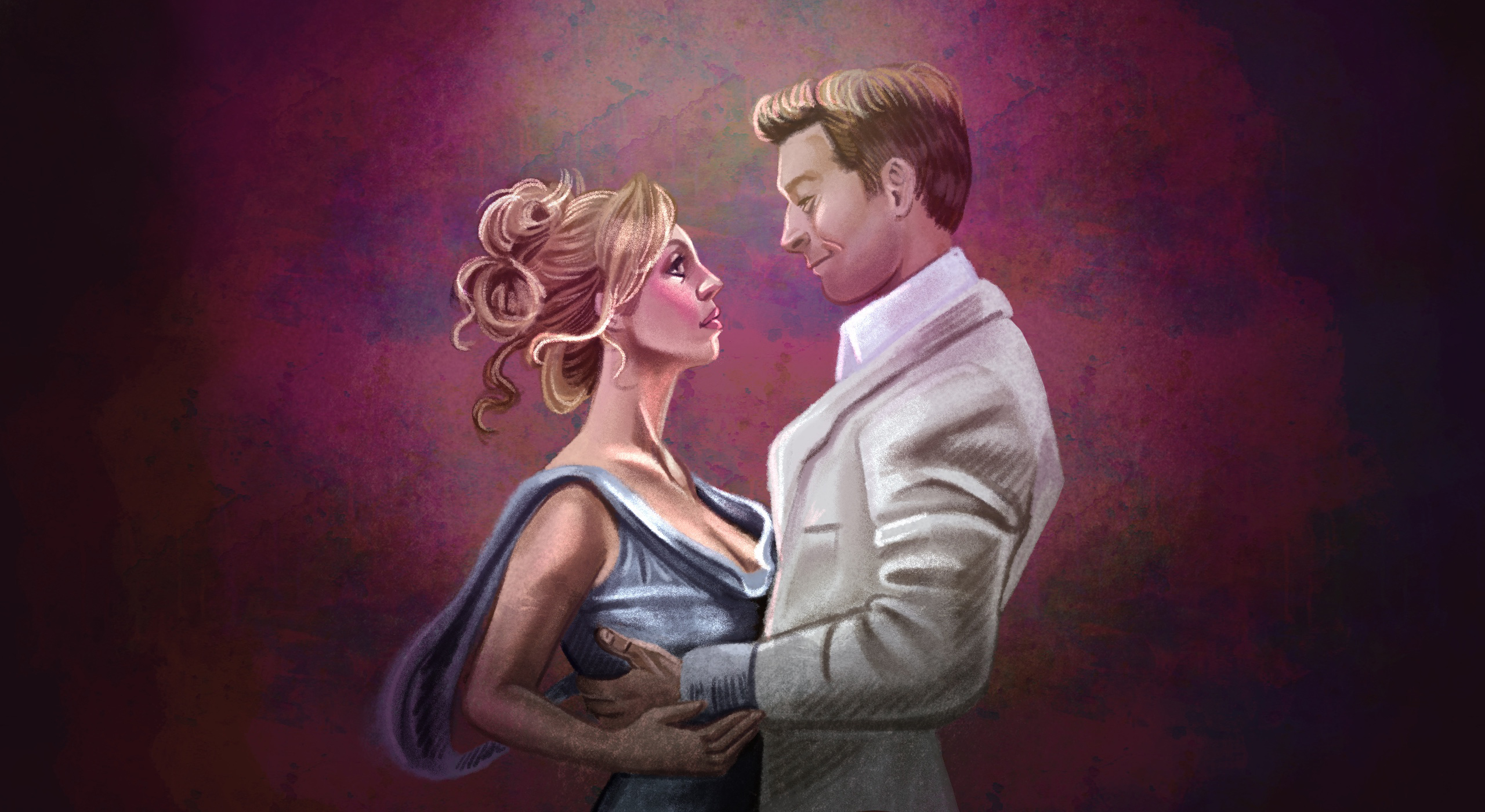The Romcom Revival
Illustration by Jordan Wolfanger
Since the early 1900s, romcoms have been a staple in the movie industry with their lower budgets and high box office sales. Romantic comedies are loved for their tumultuous climaxes that result in exuberant endings, making them a great form of escapism. When you think of romcoms, the first movies that come to mind are probably those made in the 90s to early 2000s, what many consider to be the genre’s prime. This era brought us gems like “When Harry Met Sally”, “Clueless” and “10 Things I Hate About You”.
However, romcoms have dramatically decreased in popularity in the last two decades. Actors who were notorious for gracing the big screen with their good looks and charm were now looking toward high-budget films or losing their place in the industry. These actors and the characters they portrayed were the genre’s first point of contention. They presented storylines that were too idealistic and unattainable for most people. As gratifying as it was to watch two people blissfully fall in love, romcoms often left viewers questioning why their love lives couldn’t be as whimsical and easy as the perfectly toned characters who could somehow afford to be writers in New York City and live in studio apartments. Over time, writers tried getting more creative with their plots, which often featured unsettling themes and jokes. The offensive legacies of films like “Eat Pray Love”, “Love Actually”, and “Never Been Kissed” continue to this day. This made romcoms an obvious target to eliminate during the 2010s surge in social consciousness.
The distaste for the messages conveyed by romcoms coincided with the rise of high-budget action films, which achieved heights of popularity unimaginable for romcoms. At this time, many bid their farewells to the classic genre, and romcom viewership started to plummet. Although a few romcoms released during this time, such as “Crazy Rich Asians” and “Love Simon”, which depicted more diverse storylines, were successful, the genre’s glamour had faded.
To many’s surprise, it seems romcoms have made a dramatic comeback. The renaissance of the genre began in 2020 when we were trapped indoors and needed to watch people’s sappy love stories more than ever. Streaming companies took advantage of that and the fact that these movies were relatively quick to make and saturated their sites with them.
No one expected romcoms to successfully make their way back into theatres until one movie did. “Anyone But You”, starring Sydney Sweeney and Glen Powell, made over $212 million at the box office. The exceptional thing about this movie is not its plot or the acting but rather the fact that so many people wanted to see it. For as long as romcoms have existed, there has always been a condescending and misogynistic reaction towards them. The release of “Anyone But You”, however, garnered more excitement than it did contempt. This, as well as the record-breaking popularity of the “Barbie” movie and hyperfeminine aesthetics, may be evidence of a new facet of fourth-wave feminism— a facet that advocates for unreserved and vibrant femininity.
Other recent romcoms like “Rye Lane” and “The Worst Person in the World” have proven that the genre has works with well-developed storylines and complex characters and that it should be taken just as seriously as other genres. The prospect of romcoms surpassing their initial glory in this new, inclusive, and unapologetic way is incredibly exciting and something worth looking out for.
